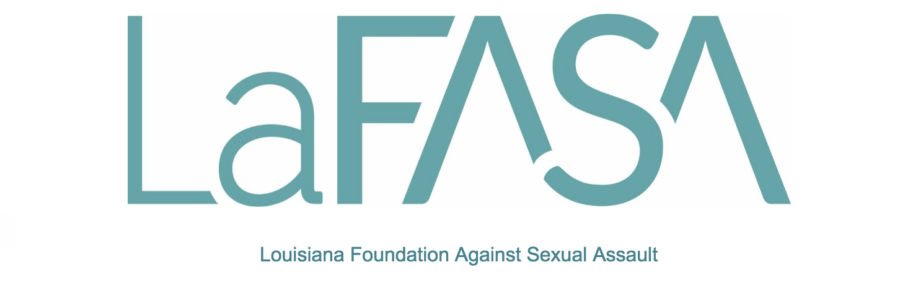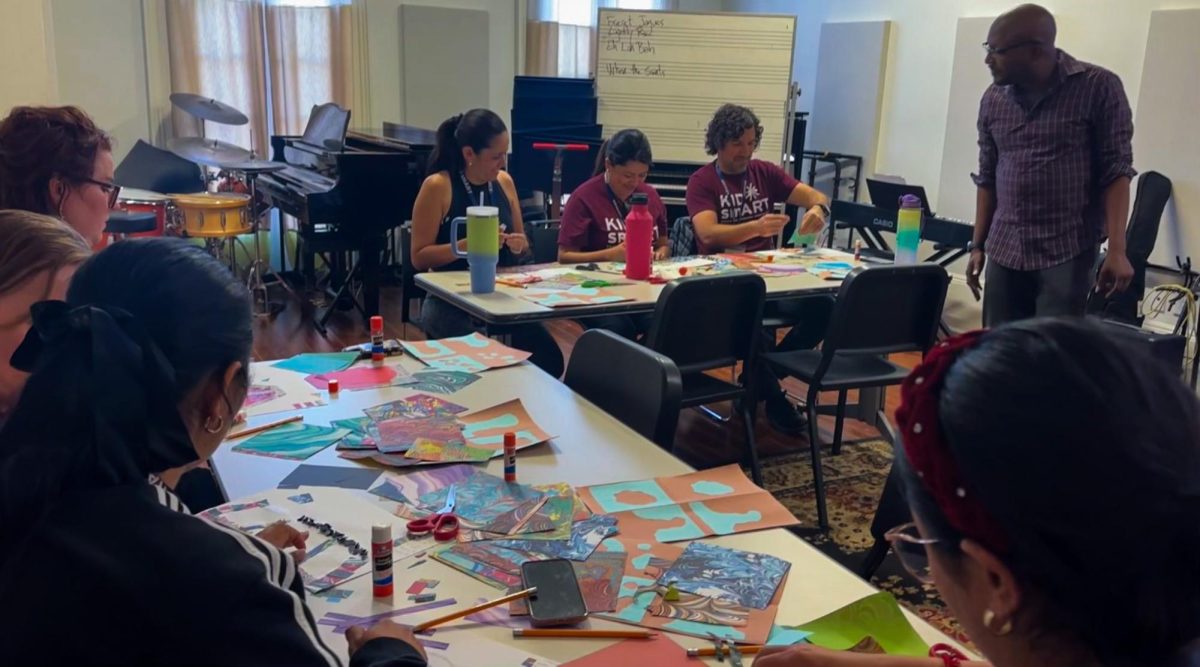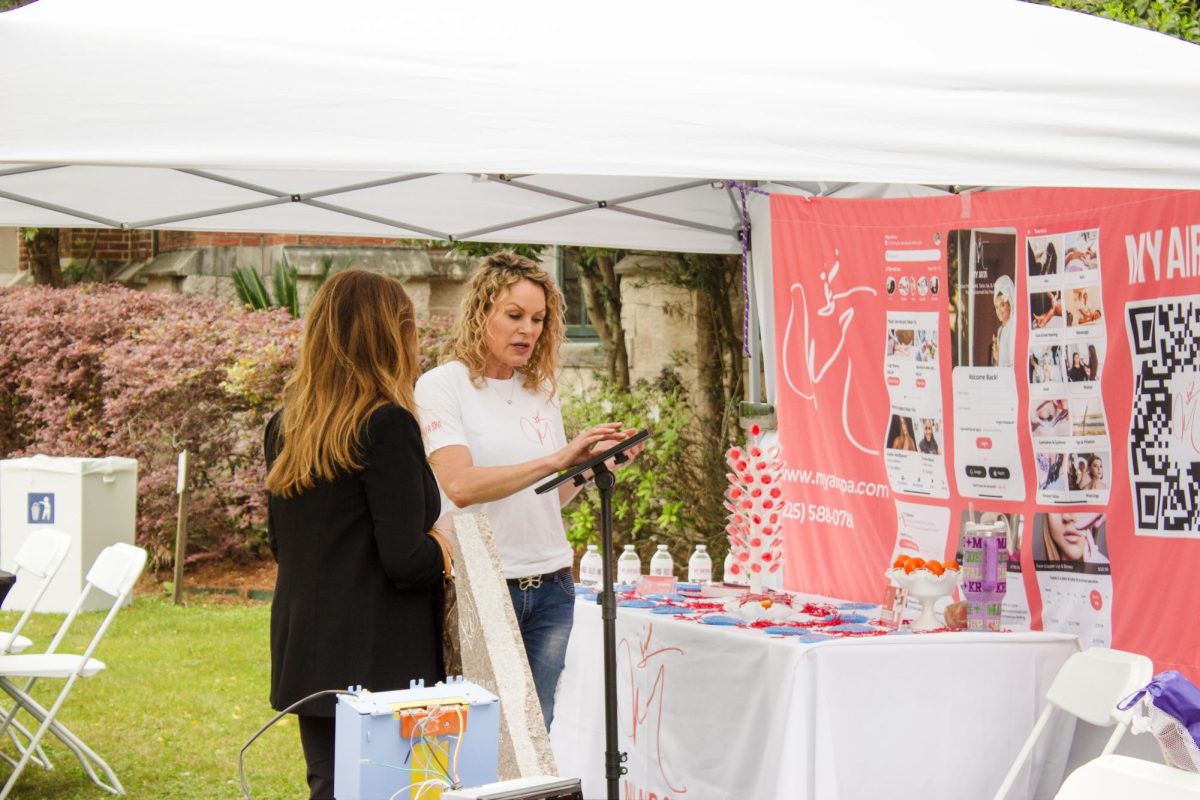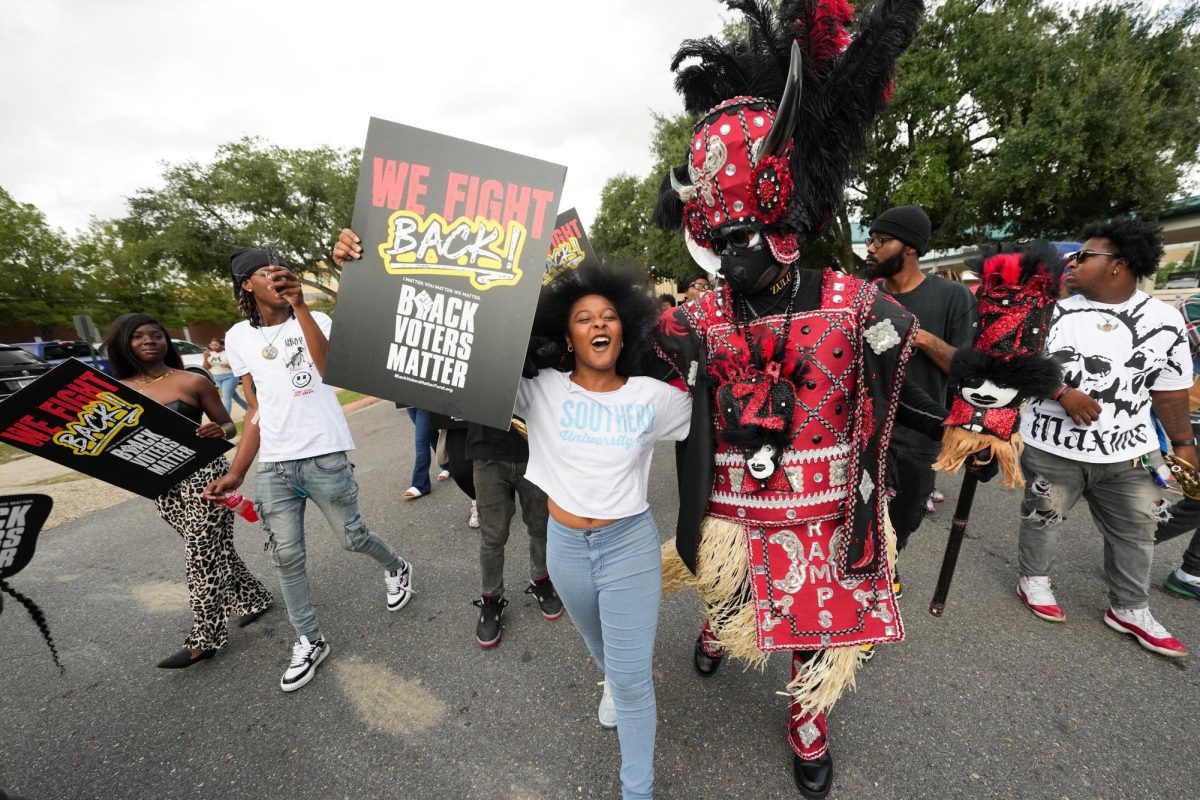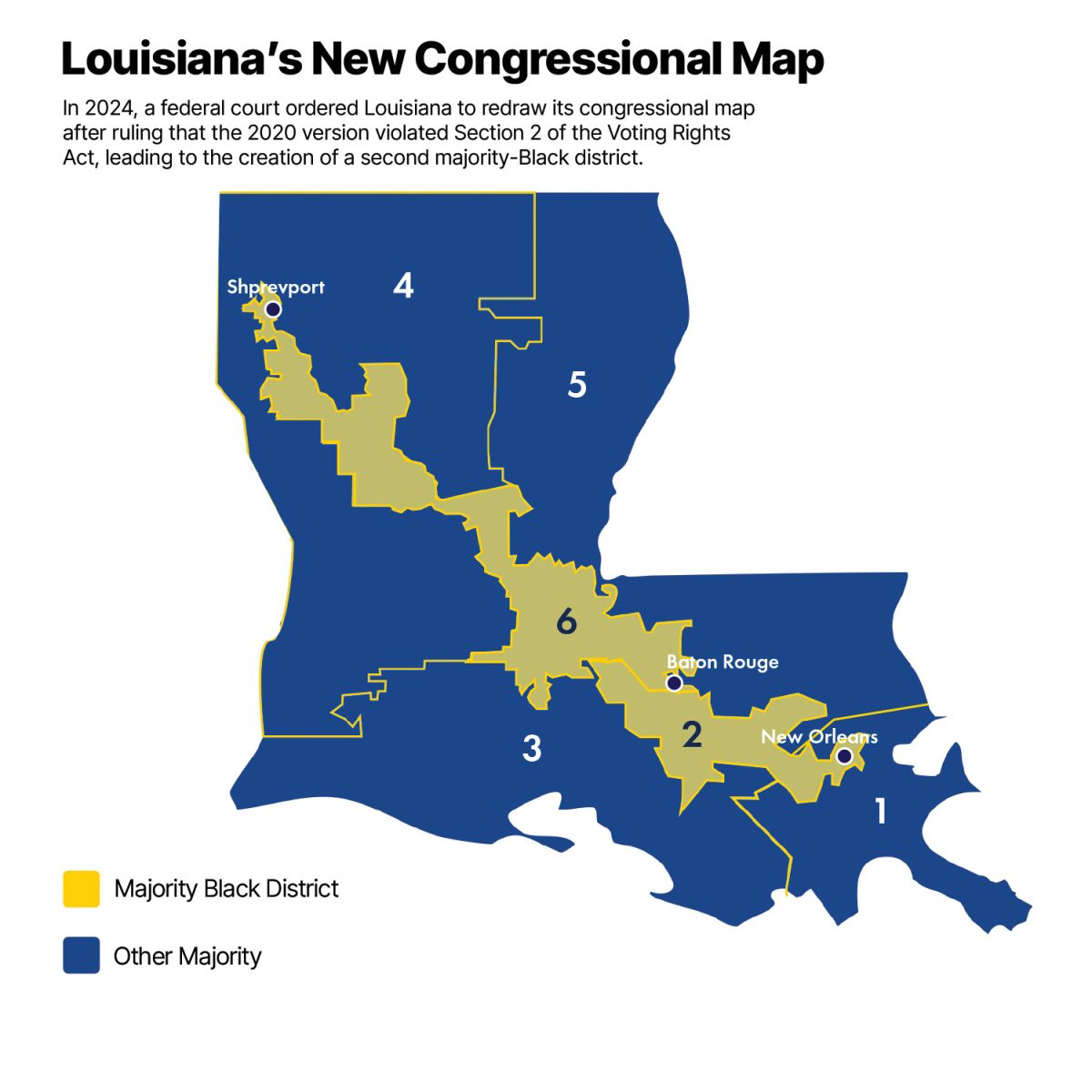Amid numerous sexual violence threats on campuses and Secretary of Education Betsy Devos’ proposed change to Title IX, the Louisiana Foundation Against Sexual Assault is allocating its federally funded resources to fight for safer campuses.
Tulane University revealed in January that 41% of its female undergraduate students had experienced sexual assault. To try and reduce that number, Tulane’s administration is thinking about hardening the rules that regulate the consumption of alcohol on campus.
“We know that alcohol is often used by perpetrators of sexual violence,” said Tulane’s Title IX Coordinator Meredith Smith.
Josef Canaria, LaFASA’a campus sexual assault project coordinator, said that alcohol is one of the areas that they focus on.
“We know that perpetrators often use alcohol as a weapon to intoxicate their victim to get them to the point where they are not able to consent,” Canaria said.
But according to Canaria, the fight against sexual violence on campuses is not limited to alcohol regulation.
“A lot of the resources I developed at LaFASA are aimed toward students. Letting them know what their rights are on campus, what they are entitled to as students and making sure that if something happens, they know who to turn to and what resources are available,” Canaria said.
At Loyola University, the Women’s Resource Center helps students who have been subject to sexual violence find help. That includes helping them through the reporting process.
In order to provide the best support, the Women’s Resource Center works with a number of organizations, including LaFASA.
“LaFASA is one of the community partners that Loyola works with to foster greater awareness about sexual assault and prevention. LaFASA has tabled with the Women’s Resource Center in One Loyola room to share information about laws and reporting”, said Patricia Boyett, Women’s Resource Center director.
Canaria also said that students are not the only ones who need information about sexual assault and prevention.
“Universities often struggle to recognize the different cultural barriers the student may have, nationality, sexual orientation, and may deter reporting,’ Canaria said.
The project coordinator makes universities work together by holding regional campus meetings so that survivors have more options in term of reporting.
“We want to always provide as many opportunities for survivors to talk about their traumas as possible,” Canaria said.
But all his work could be jeopardized if the change to Title IX proposed by Betsy Devos is implemented.
If that happens, victims would have a harder time proving their case as opposed to Obama’s “preponderance of evidence,” which required colleges to use the lowest standard of proof in deciding whether a student is responsible for sexual assault.
That the current system does not work and that survivors aren’t helped the way they should, according to Canaria.
“Betsy Devos’ new Title IX guidance is very hurtful to survivors and will make schools a lot less safe. It really is on the side of the perpetrator,” Canaria said.
But because this guidance is not federal law, universities do not have to abide by it.
“We are going to encourage universities to follow what’s best for them, and hopefully that means sticking to the current guidance,” said Canaria.


